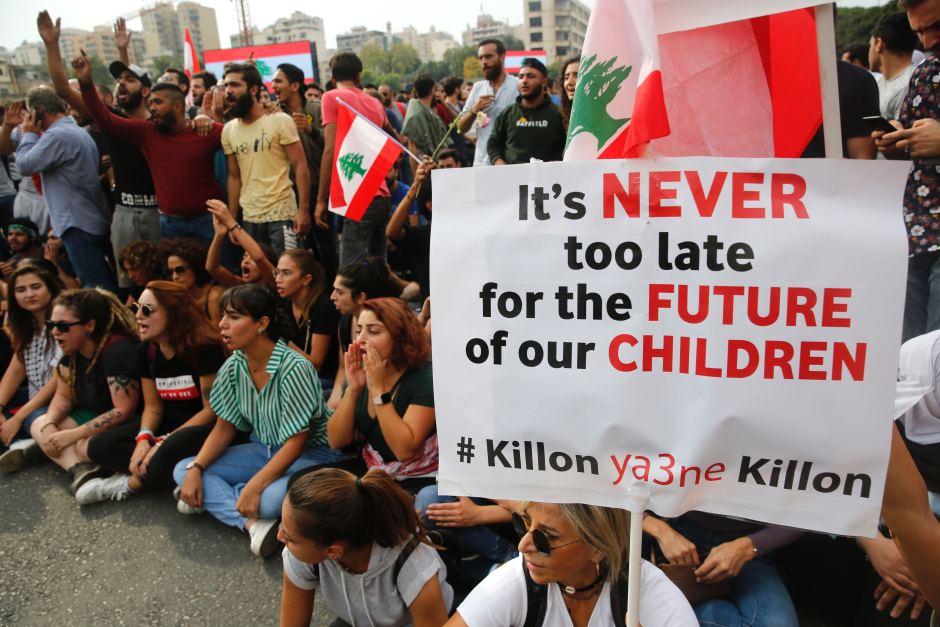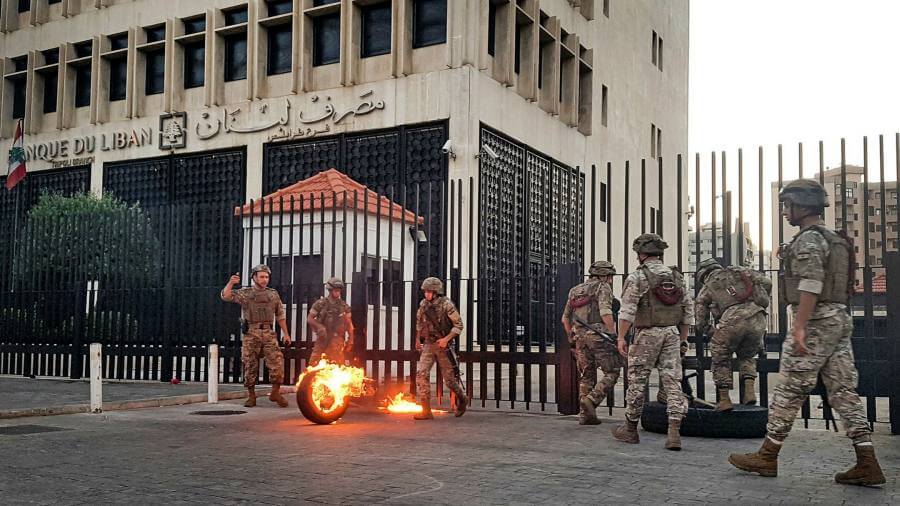Lebanese Deputy Prime Minister (PM) Saadeh al-Shami told Reuters on Wednesday that losses in the country’s financial sector amount to around $69 billion. Saadeh noted that the estimates are based on “assumptions” that could change.
“If these assumptions change, the size of the losses changes as well,” Shami said. An agreed-upon figure for the losses to Lebanon’s financial sector is a key first step towards progress in negotiations with the International Monetary Fund (IMF). It is crucial that the Lebanese government, central bank, and commercial banks agree on the scale of losses if the country hopes to unlock much-needed financial aid from the financial body.
Also Read: Despite Good Intentions, Lebanon’s Sectarian Politics Have Done More Harm Than Good
Bailout talks with the IMF broke down in 2020 after the government and the banking sector could not agree over the losses incurred. $69 billion in losses was the exact same figure provided by the government last year and was disputed by the central bank, which is yet to issue a statement on the government’s latest estimate.
Lebanese PM Najib Mikati has promised to bring in reforms to address Lebanon’s economic and political crisis and restart talks with the IMF to rescue Lebanon from a protracted economic meltdown. In October, the government announced that it was resuming talks with the IMF. However, before the IMF can agree to a bailout, Lebanon is required to fulfil certain conditions, including presenting a financial recovery plan approved by the parliament.

Lebanon has been facing an acute economic and political crisis since 2019. The country descended into chaos following last year’s devastating blast at the Beirut Port, which resulted in more than 200 deaths and about $15 billion in economic losses.
The World Bank has stated that the country’s economic crisis ranks as one of the worst that the world has witnessed in over 150 years. It reported that “Lebanon is enduring a severe and prolonged economic depression, which is among the most severe crisis episodes globally since the mid-nineteenth century.”
Moreover, the Lebanese pound has lost almost 90% of its value, and three-quarters of its population is on the brink of poverty. The country is also facing severe food, medicine, and fuel shortages. The GDP growth rate has crashed by around 40%, unemployment levels have skyrocketed, and inflation has soared.
Meanwhile, the freefall of the Lebanese pound has accelerated in the past few weeks. On Monday, the pound was trading at an unprecedented 27,000 to the United States Dollar (USD), a record low, while the official rate is still pegged at 1,500 pounds to the USD.
While the central bank and the government have stated that they will be taking measures to halt the further collapse of the pound, it is crucial that Lebanon ensures that negotiations with the IMF are a success. Doing so would restore some confidence in the country and could potentially bring in additional international assistance.

